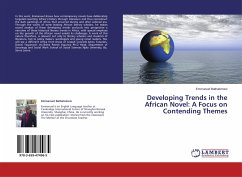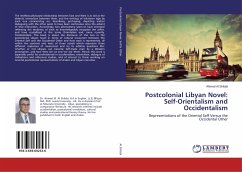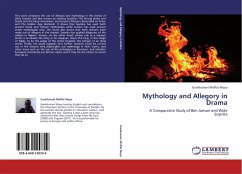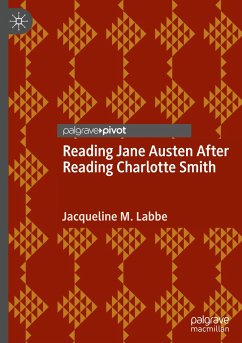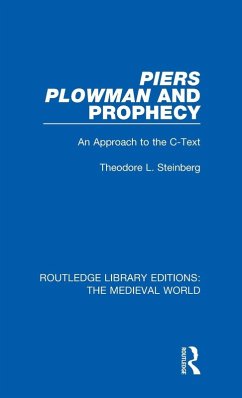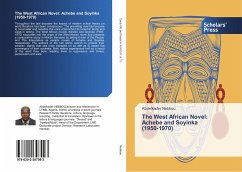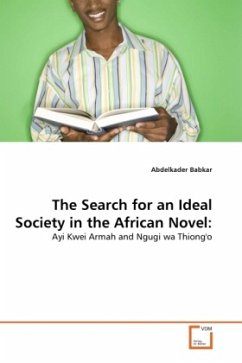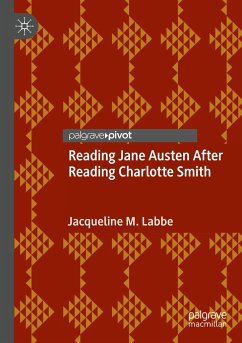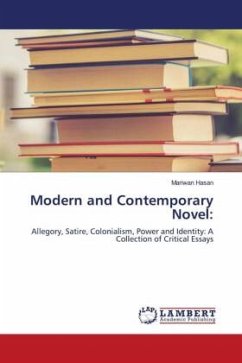
Modern and Contemporary Novel:
Allegory, Satire, Colonialism, Power and Identity: A Collection of Critical Essays
Versandkostenfrei!
Versandfertig in 6-10 Tagen
40,99 €
inkl. MwSt.

PAYBACK Punkte
20 °P sammeln!
What can be said now is that contemporary authors may claim that contemporary fiction is important because it helps us figure out who we are now, in this moment. The greatest method to do this is through a novel. The novel is the most thought-provoking, intimate, and personal of all the arts. It can be about anything, and it can take any form it needs. The novel, like the human species, has gone worldwide, and the form is currently grappling with this profound and recent transformation. In the absence of a clear definition of "contemporary," this edited collection interprets the term to mean t...
What can be said now is that contemporary authors may claim that contemporary fiction is important because it helps us figure out who we are now, in this moment. The greatest method to do this is through a novel. The novel is the most thought-provoking, intimate, and personal of all the arts. It can be about anything, and it can take any form it needs. The novel, like the human species, has gone worldwide, and the form is currently grappling with this profound and recent transformation. In the absence of a clear definition of "contemporary," this edited collection interprets the term to mean two decades or more. The novel has always meant new and modern, focusing on contemporary life and, as the name implies, always on the lookout for something new. But after 1910, as Woolf sates, being modern came to signify a lot more, because modernity suddenly meant everything. In order to keep up, the novel had to break and divide in order to change. As a result, the contemporary novel emerged, breaking with the past, reinventing itself, and pursuing modernity into the future. The book serves as an introduction to the novel's origins and evolution along with critical essays.



